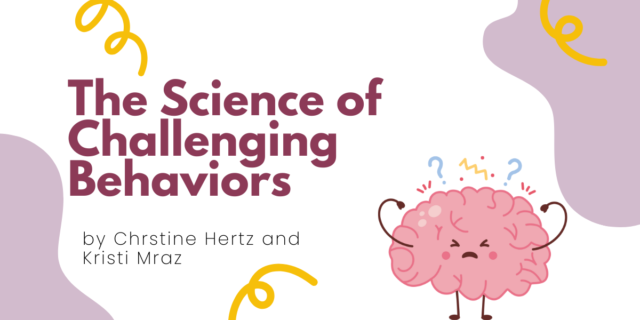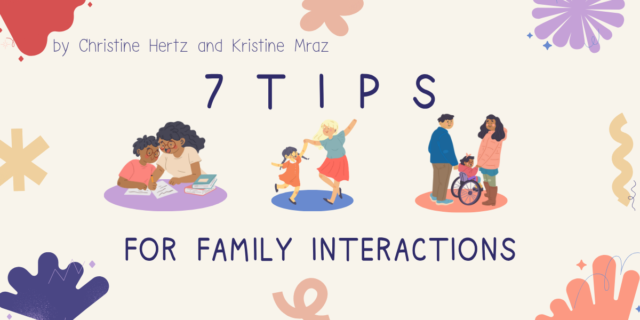
by Anna Gratz Cockerille
We believe there is play in work and work in play.
-- Kristi Mraz, Alison Porcelli, and Cheryl Tyler, in Purposeful Play: A Teacher’s Guide to Igniting Deep and Joyful Learning Across the Day
Observe a classroom where children are engaged in purposeful play, and you’ll be staggered by the bevy of skills you will see on display. You’ll see children honing math skills as they count, divide, multiply. You’ll see them utilizing their oral language to the hilt as they negotiate, imagine, describe. You’ll see play that includes writing, play that includes reading, play that includes critical thinking. To be sure, you’ll see a teacher moving among the children, intervening with questions, tips, sometimes suggestions. But his or her intervention will be to guide, not to direct. For when children play purposefully, this time is sacred. This is a time in which they can truly become.
For decades, many of the foremost experts on child development have touted the importance of play. Pediatrician and author Dr. Spock said, “A child loves his play, not because it is easy, but because it is hard.” Indeed, when children play, they naturally challenge themselves and try new experiences that are just beyond what they are doing already. Maria Montessori, founder of one of the world’s first and most enduring progressive methods of education, believed that children learn best through independence, choice, and freedom to navigate their environment. She wrote, “Such experience is not just play…it is work he must do in order to grow up.”
Shael Polakow-Suransky, former senior deputy chancellor of the New York City Department of Education and Nancy Nager, professor of education and child development at Bank Street College, in their New York Times op-ed piece, “The Building Blocks of a Good Pre-K,” explained that play is an integral part of how young children learn. They wrote: "While grown-ups recognize that pretending helps children find their way into the world, many adults think of play as separate from formal learning. The reality is quite different. As they play, children develop vital cognitive, linguistic, social and emotional skills. They make discoveries, build knowledge, experiment with literacy and math and learn to self-regulate and interact with others in socially appropriate ways. Play is also fun and interesting, which makes school a place where children look forward to spending their time. It is so deeply formative for children that it must be at the core of our early childhood curriculum."
Play, then, is the work that young children must do. It is how they learn.
In their insightful and inspiring book, Purposeful Play: A Teacher’s Guide to Igniting Deep and Joyful Learning Across the Day, Kristi Mraz, Alison Porcelli, and Cheryl Tyler share a wealth of practical strategies, tips, and techniques for how teachers can guide students’ learning during play. They write, "Informed teachers can see the standards being met in authentic and joyful play and help design engaging instruction that helps children meet the rest. What we need to teach may not always be a choice, but how we teach can be. Play is its own method of instruction.”

Anna Gratz Cockerille, Coauthor of Bringing History to Life (Grade 4) in the Units of Study for Teaching Writing Series.
Anna was a teacher and a literacy coach in New York City and in Sydney, Australia, and later became a Staff Developer and Writer at TCRWP. She served as an adjunct instructor in the Literacy Specialist Program at Teachers College, and taught at several TCRWP institutes, including the content literacy institute, where she helped participants bring strong literacy instruction into social studies classrooms. Anna also has been a researcher for Lucy Calkins, contributing especially to Pathways to the Common Core: Accelerating Achievement (Heinemann 2012), and Navigating Nonfiction in the Units of Study for Teaching Reading, Grades 3–5 series (Heinemann 2010). Most recently, Anna served as an editor for the Units of Study for Teaching Reading, K–5 series.


